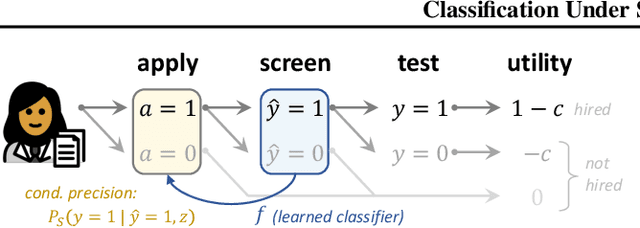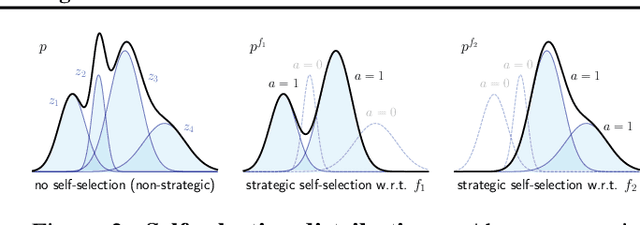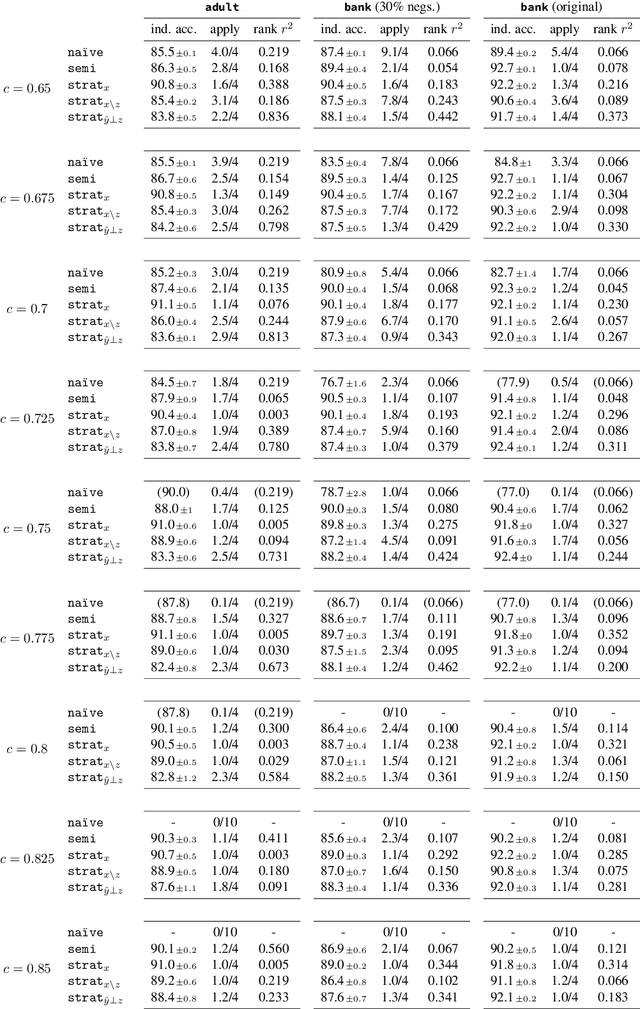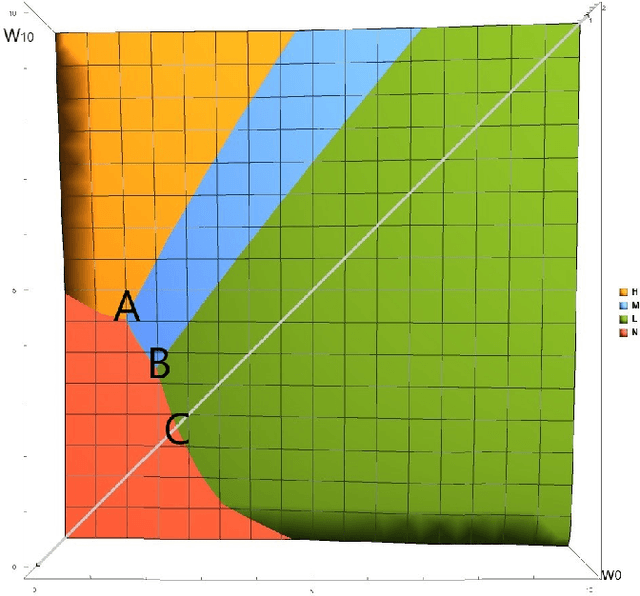Moran Koren
Can (A)I Change Your Mind?
Mar 03, 2025



Abstract:The increasing integration of large language model (LLM) based conversational agents into everyday life raises critical cognitive and social questions about their potential to influence human opinions. Although previous studies have shown that LLM-based agents can generate persuasive content, these typically involve controlled, English-language settings. Addressing this, our preregistered study explored LLM's persuasive capabilities in more ecological, unconstrained scenarios, examining both static (written paragraphs) and dynamic (conversations via Telegram) interaction types. Conducted entirely in Hebrew with 200 participants, the study assessed the persuasive effects of both LLM and human interlocutors on controversial civil policy topics. Results indicated that participants adopted LLM and human perspectives similarly, with significant opinion changes evident across all conditions, regardless of interlocutor type or interaction mode. Confidence levels increased significantly in most scenarios, except in static LLM interactions. These findings demonstrate LLM-based agents' robust persuasive capabilities across diverse sources and settings, highlighting their potential impact on shaping public opinions.
Classification Under Strategic Self-Selection
Feb 23, 2024



Abstract:When users stand to gain from certain predictions, they are prone to act strategically to obtain favorable predictive outcomes. Whereas most works on strategic classification consider user actions that manifest as feature modifications, we study a novel setting in which users decide -- in response to the learned classifier -- whether to at all participate (or not). For learning approaches of increasing strategic awareness, we study the effects of self-selection on learning, and the implications of learning on the composition of the self-selected population. We then propose a differentiable framework for learning under self-selective behavior, which can be optimized effectively. We conclude with experiments on real data and simulated behavior that both complement our analysis and demonstrate the utility of our approach.
Incentivizing the Dynamic Workforce: Learning Contracts in the Gig-Economy
Nov 16, 2018
Abstract:In principal-agent models, a principal offers a contract to an agent to perform a certain task. The agent exerts a level of effort that maximizes her utility. The principal is oblivious to the agent's chosen level of effort, and conditions her wage only on possible outcomes. In this work, we consider a model in which the principal is unaware of the agent's utility and action space. She sequentially offers contracts to identical agents, and observes the resulting outcomes. We present an algorithm for learning the optimal contract under mild assumptions. We bound the number of samples needed for the principal obtain a contract that is within $\epsilon$ of her optimal net profit for every $\epsilon>0$.
 Add to Chrome
Add to Chrome Add to Firefox
Add to Firefox Add to Edge
Add to Edge